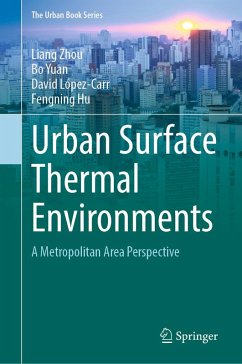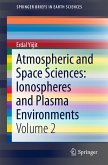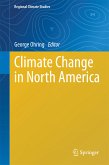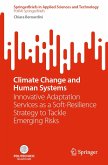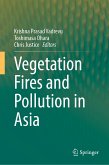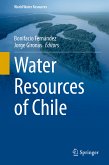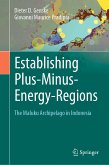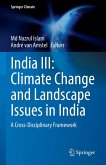The book presents a series of analytical frameworks designed to capture thermal heterogeneity, identify vulnerable populations, and inform intervention strategies across scales-from site-specific cooling measures to integrated regional spatial planning. By bridging climate science, urban design, and geospatial technologies, it offers actionable approaches to enhance urban resilience and guide climate adaptation efforts. This integrated framework aligns with the Paris Agreement, including the 1.5°C climate target, and is informed by recent scientific assessments from IPCC, offering spatially explicit support for evidence-based decision-making.
As a valuable reference for researchers, urban planners, environmental professionals, policymakers, and graduate students, this book informs decisions in the fields of climate adaptation, sustainable urban development, and spatial planning. It contributes to key global and national initiatives, including SDG11 and SDG13, Future Earth, and China's new urbanization strategy. Through its interdisciplinary and geography-informed perspective, the book enhances cities' adaptive capacity and contributes to the development of cooler, more equitable, and climate-resilient human settlements in an era of global warming.
Dieser Download kann aus rechtlichen Gründen nur mit Rechnungsadresse in A, B, BG, CY, CZ, D, DK, EW, E, FIN, F, GR, HR, H, IRL, I, LT, L, LR, M, NL, PL, P, R, S, SLO, SK ausgeliefert werden.

